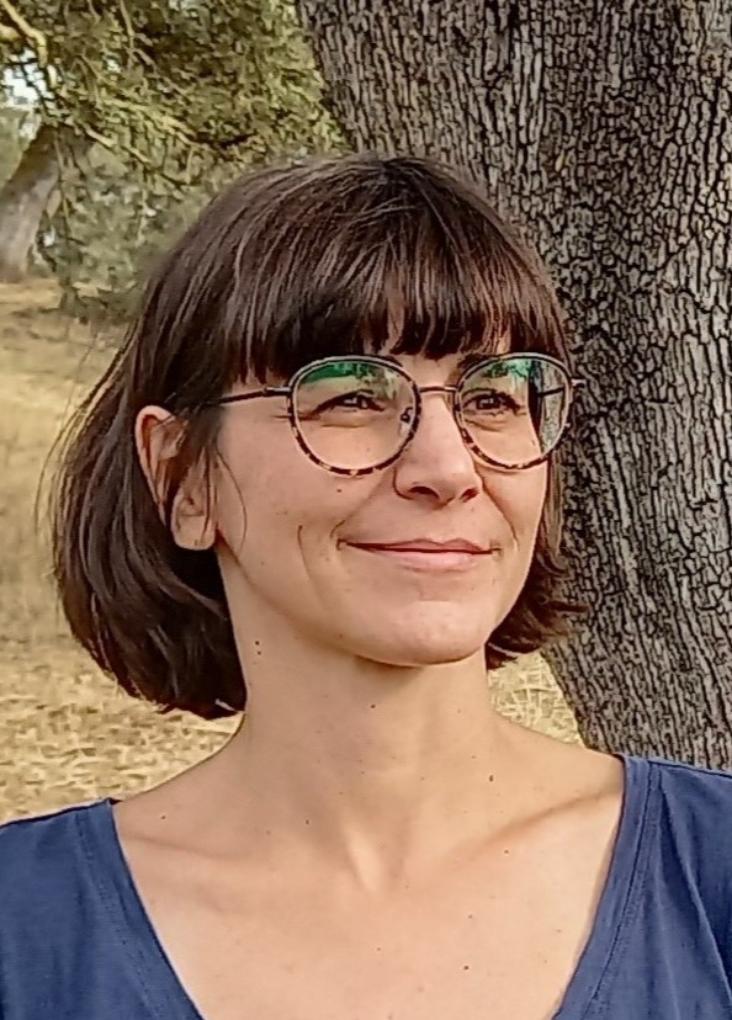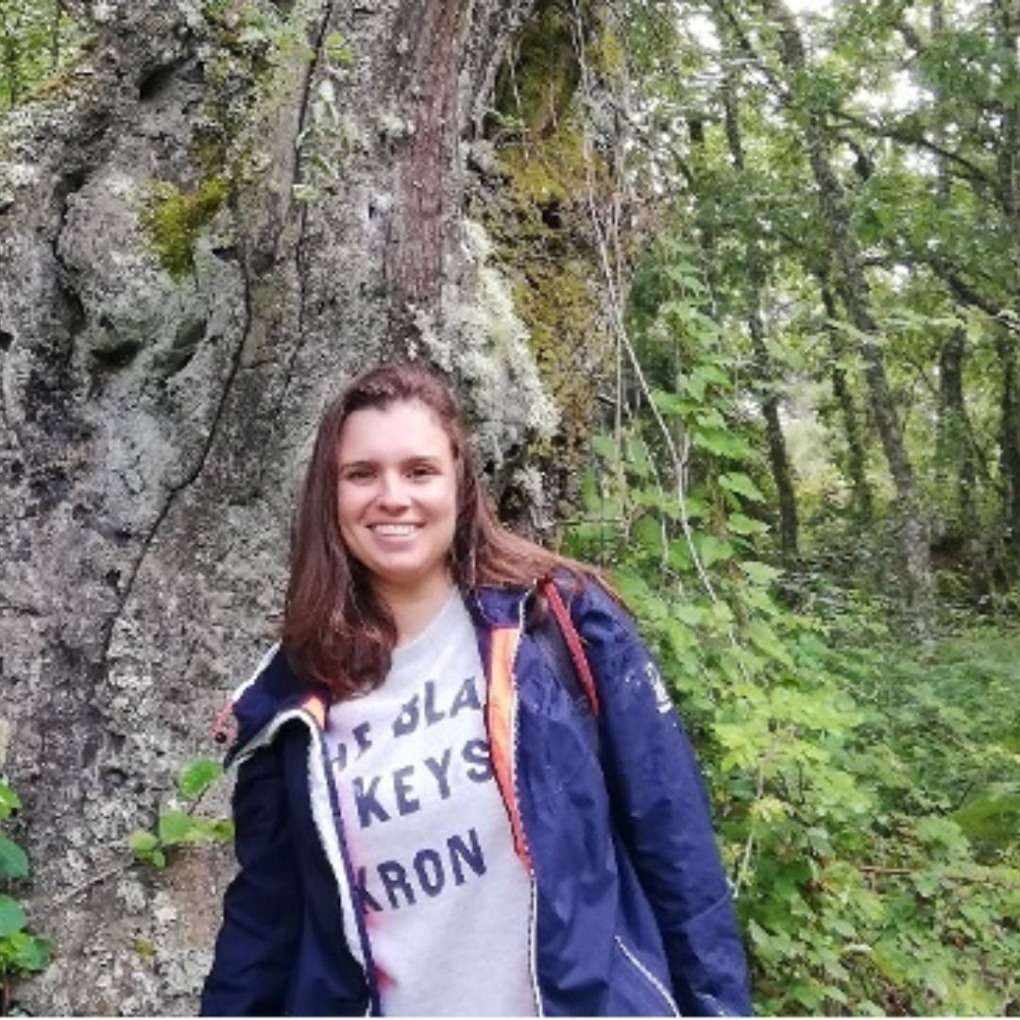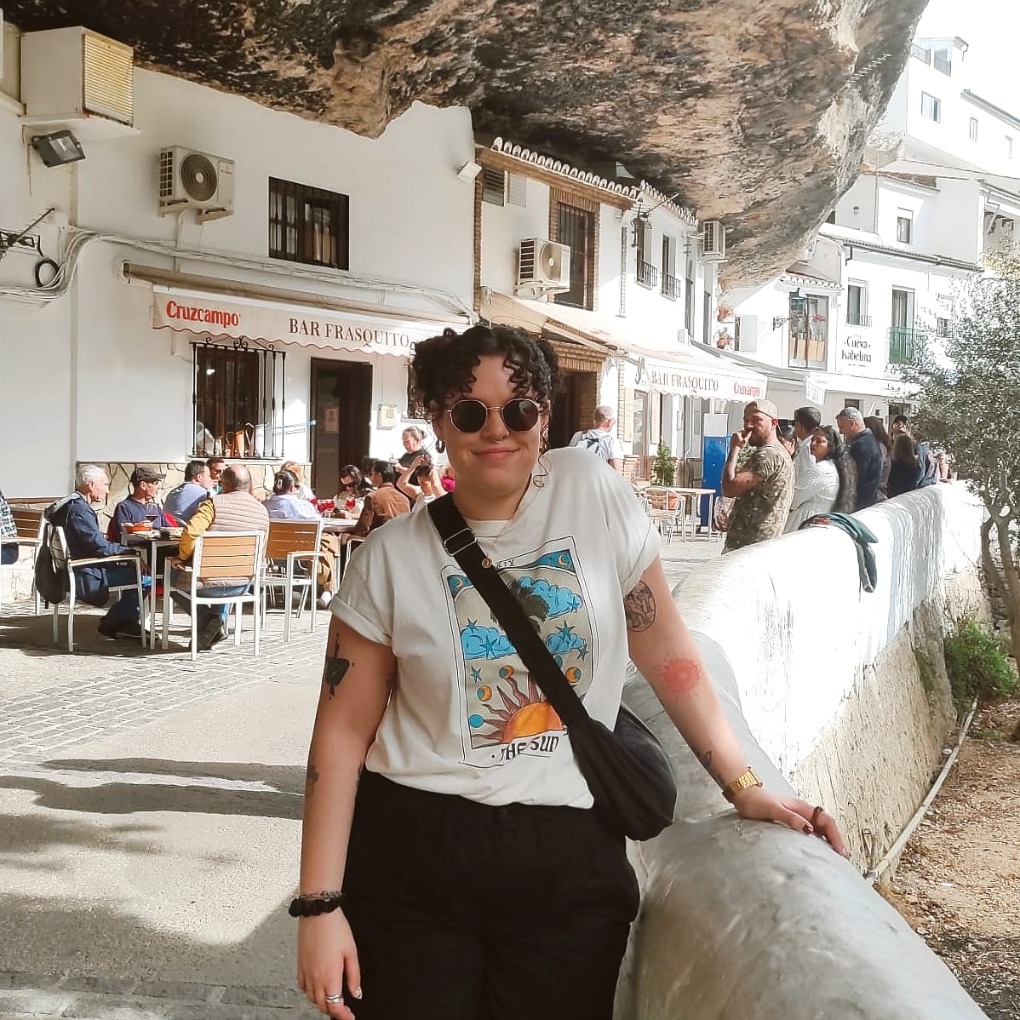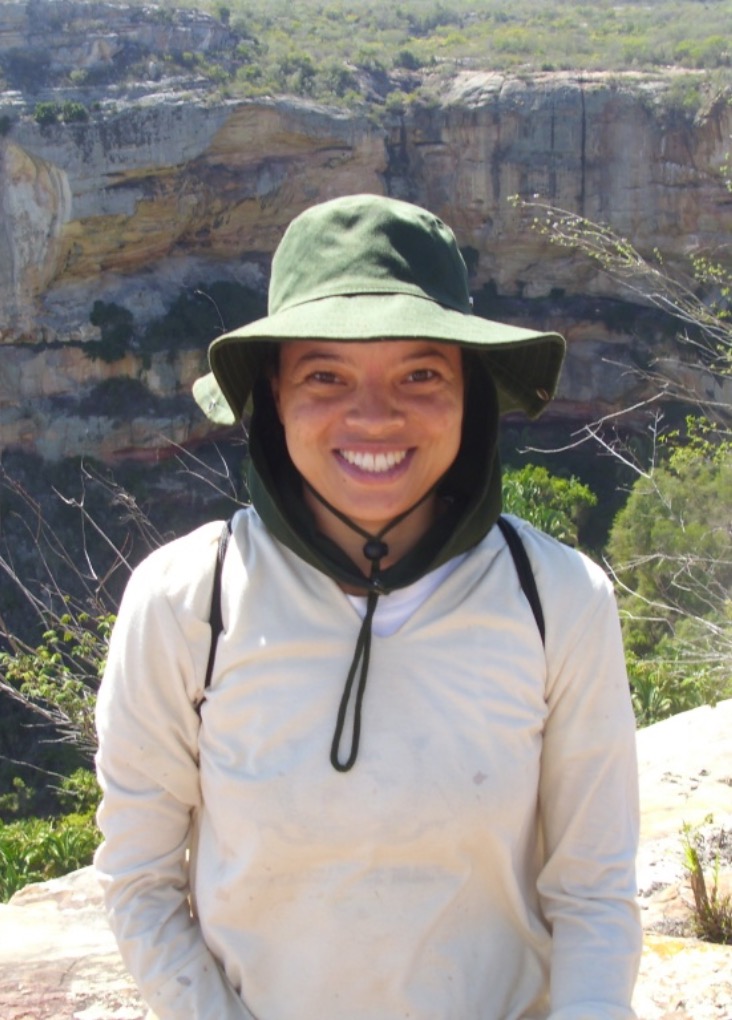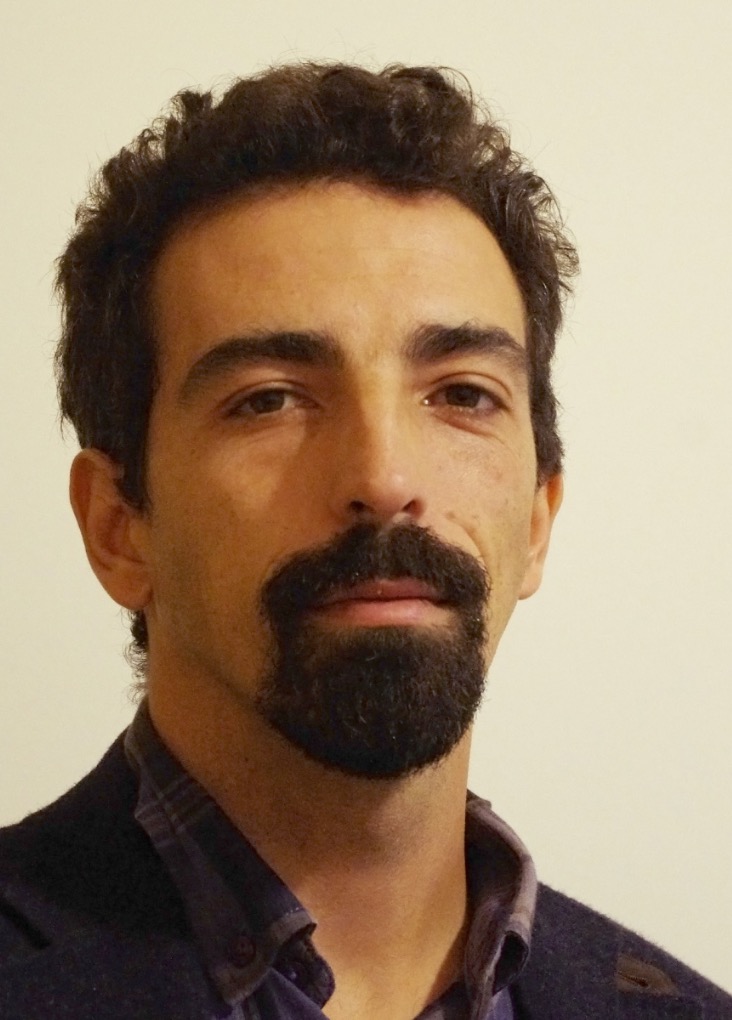Considering the unprecedented levels of biodiversity loss and ecosystem degradation globally, our group's main objective is to develop ecological tools and strategies to monitor, adapt and restore degraded ecosystems, promoting biodiversity, sustainable land use and multifunctionality, maximising multiple ecosystem services and increasing resilience to global change.
Specifically, we aim at:
- Developing, testing and optimising ecological restoration solutions in different contexts;
- Promoting agroforestry systems sustainability and resilience through natural and assisted regeneration, nature-based solutions and data-driven precision management;
- Advancing dryland ecology, understanding ecosystem changing patterns at multiple spatial and temporal scales to combat desertification;
- Knowledge transfer and co-development of restoration and management solutions.
Our main research questions include:
- What are the ecosystem response patterns in space and time to global change and specifically to climate change, integrating their natural variation?
- What are the best approaches to promote biodiversity and reverse land degradation, restoring ecosystems functioning and multiple benefits?
- How to integrate functional ecology tools to monitor ecosystem degradation and recovery?
- How to scale-up restoration solutions to achieve broader positive impacts?
To this end, we develop work in multiple contexts, including ecological restoration of dunes and quarries, combat of desertification in drylands, and nature-based solutions and invasive species control in agricultural, agroforestry and urban environments. As main tools, we use species functional traits and their relationship with ecosystem services, remote sensing tools for upscaling and mapping, and long-term ecological monitoring. Ecosystem restoration is an emerging and urgent topic underlying the objectives of our group, fully aligned with those of CE3C of contributing to sustainable and resilient ecosystems (TL4).
ECOR Team

![/uploads/subcanais2/banners-novo-site-ce3c-49[1].png /uploads/subcanais2/banners-novo-site-ce3c-49[1].png](/uploads/subcanais2/banners-novo-site-ce3c-49[1].png)
